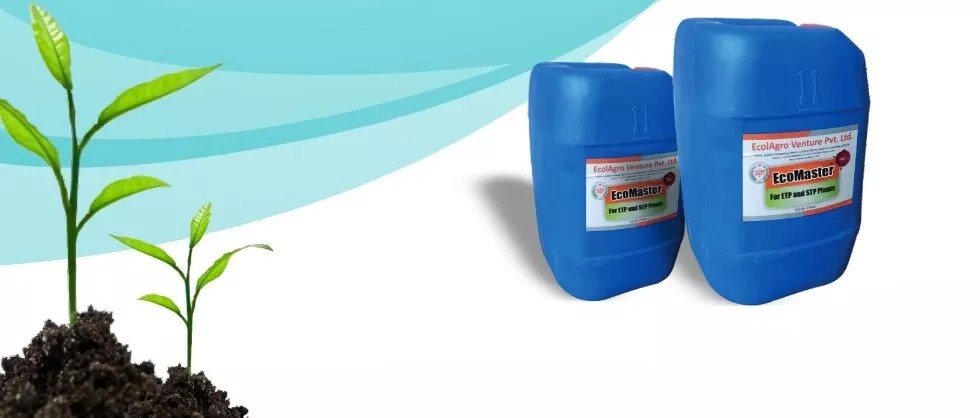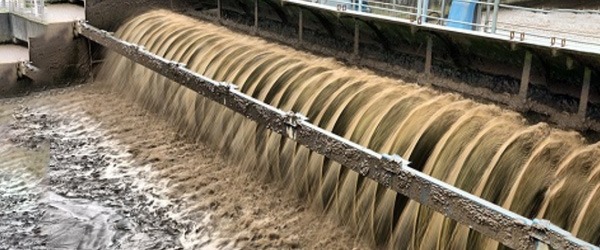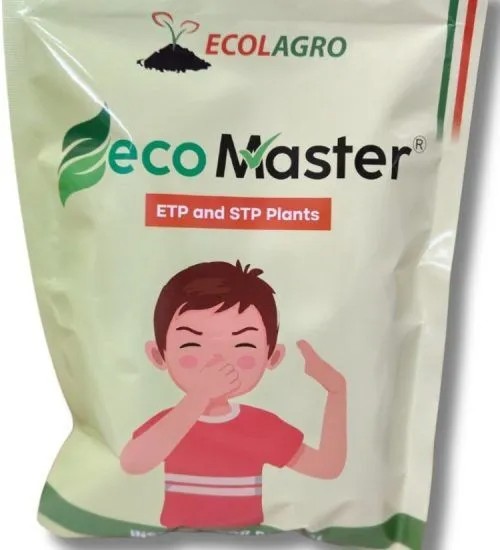Breathing New Life Into Wastewater Treatment
Wastewater treatment has been a major issue for cities, towns, and municipalities all over the world. The traditional approach of wastewater treatment involved lengthy chemical processes which were not only expensive but also hazardous to the environment. However, with the advancements in technology and science, one innovative approach to wastewater treatment is gaining traction - introducing bio cultures for sewage treatment plants (STP) and effluent treatment plants (ETP!).
Bio cultures are microbial consortia that can help break down organic matter in wastewater. They consume large amounts of organic pollution and convert them into harmless by-products like CO2 or H2O. This process helps reduce sludge formation and improves water quality significantly! Not only are these cultures cost-effective to implement but they also require minimal maintenance. Additionally, they do not produce any hazardous by-products making them an eco-friendly solution!
Cultivating a More Sustainable Future
Sustainability is becoming increasingly important for businesses, communities, and nations. The way we produce and use energy has a huge impact on our environment and economies. One of the most promising solutions to help us achieve this more sustainable future is bio culture technology — specifically Bio culture for ETP (Energy-to-Product) and Bio culture for STP (Storage-to-Product).
Bio culture uses biological systems and organisms to convert biomass into useful products such as electricity, heat, food, or fuel. It can also be used to store energy from renewable sources such as solar or wind power in the form of biomass. This provides a sustainable alternative to traditional fossil fuels responsible for greenhouse gas emissions that cause climate change.




Comments
Post a Comment